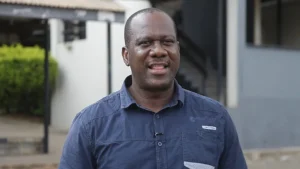
The US has imposed sanctions on Colombian President Gustavo Petro, his family, and Interior Minister Armando Benedetti, accusing them of allowing the cocaine trade to flourish in Colombia. The sanctions, imposed by the US Treasury Department, freeze any assets they may have in the US and bar US entities from doing business with them.
Reasons for Sanctions:
Failure to curb cocaine industry: The US accuses Petro of not doing enough to stop the cocaine trade, with cocaine production in Colombia surging to its highest rate in decades.
Protecting criminal groups: The US claims Petro’s “Total Peace” plan, aimed at ending Colombia’s internal conflict through negotiations with armed rebels and criminal organizations, has allowed drug cartels to thrive .
Petro’s Response:
Denial of allegations: Petro has denied the allegations, stating that his government has seized cocaine at unprecedented rates and reduced coca crop growth.
Legal appeal: Petro has announced plans to launch a legal appeal against the sanctions, calling them a “paradox” and stating that he will not be intimidated .
Impact on US-Colombia Relations:
Strained relations: The sanctions have further strained relations between the US and Colombia, with Colombia recalling its ambassador from Washington.
Tariffs and aid: The US has threatened to impose tariffs on Colombia and has stopped all aid to the country .
US Perspective:
US Secretary of State Marco Rubio: Rubio emphasized that the sanctions are not aimed at harming the Colombian people or economy but rather at holding Petro accountable for his alleged actions .






